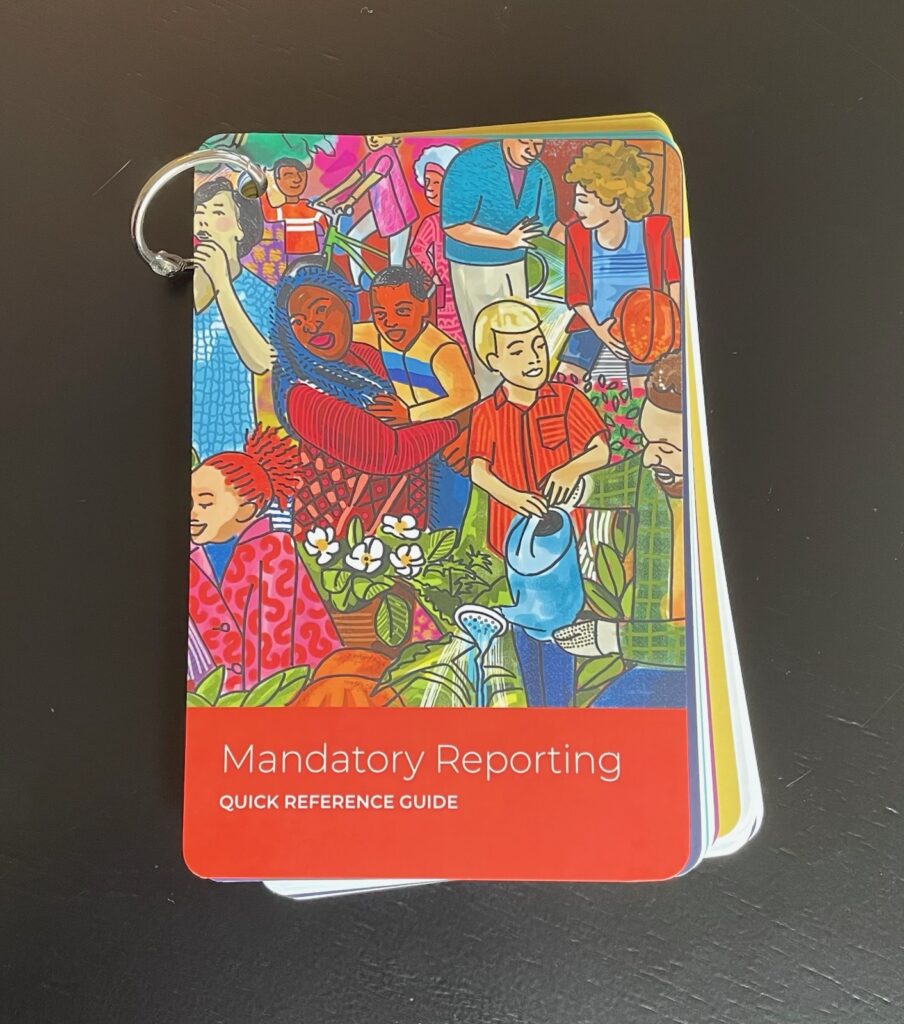Mandated Reporting: The What, Who, Challenges, and Skills
Mandated reporting of child abuse is critical because it helps to ensure the safety and wellbeing of children. Effective June 1, 2023, the list of professionals in Minnesota who work with children and families required to report increased to include employees and supervisors of public or private youth recreation programs (page 7).
Mandated Reporters are required to report any suspected case of child abuse or neglect to county or tribal agencies in Minnesota. Early intervention can prevent further harm and provide necessary support for children in need.
While child mandated reporting is important, there are challenges associated with it. These include the overreporting of cases that may not actually be abuse which can produce a strain on professionals and families alike. That can erode trust in a safety system and variations in reporting practices and interpretation of laws across different jurisdictions, leading to inconsistent outcomes or potential for false reports that can disrupt families and strain resources.
Additional considerations include the ability to differentiate between a lack of resources and safety compromised neglect. Confusing neglect with poverty while understanding that sometimes the viable solution is connecting families with community-based services towards decreasing familial crisis. Holding understanding that the power that is a child protection call is not one that is meant to achieve help or resources for a family.
Striking a balance between protecting children and respecting family rights is complex and necessary.
Balancing the need to protect children with the potential consequences of reporting is an ongoing challenge. In an effort to reduce confusion associated with reporting, The Institute to Transform Child Protection at Mitchell Hamline recently produced a Mandatory Reporting quick reference guide designed to “simplify reporting decision-making, to clarify your role as a mandated reporter, and to provide clear guidance for an often confusing process.”

In addition to the problem/solution format of this powerful tool, there are also skills and characteristics that Mandated Reporters should hold and continue to hone as professionals who are serving children and families.
Critical Thinking: Mandated Reporters must assess situations objectively, making informed decisions about whether to report suspicions.
Observation: the ability to recognize signs of abuse or safety compromised neglect.
Empathy and Sensitivity: a compassionate approach is essential to build trust towards ensuring the well-being of a child while navigating potentially challenging situations.
Communication: effective communication skills are crucial for interacting with children, families, and colleagues as well as conveying concerns to appropriate authorities.
Cultural Competence: being aware of and respectful towards diverse cultural backgrounds is important to accurately interpret behaviors and address concerns.
Boundary Setting: knowing how to maintain professional boundaries while engaging families and children is crucial to maintain objectivity.
Collaboration: working well with other professionals such as social workers and educators helps ensure a coordinated response.
Documentation: accurate and thorough record keeping is essential for tracking observations, conversations, and actions taken. And Continuous Learning: staying updated on best practices, new research, and changes in reporting laws helps improve skills and effectiveness in safeguarding children’s welfare.
– Sheri
Get your copy of the Mandatory Reporting Guide:
Katie Olson – Director of Training | katie.olson@mitchellhamline.edu | 651-290-6474
Institute to Transform Child Protection – www.transformchildprotection.org
Mitchell | Hamline School of Law
Unit Cost: $20 (1-49 guides) | $15 (50+ guides)



